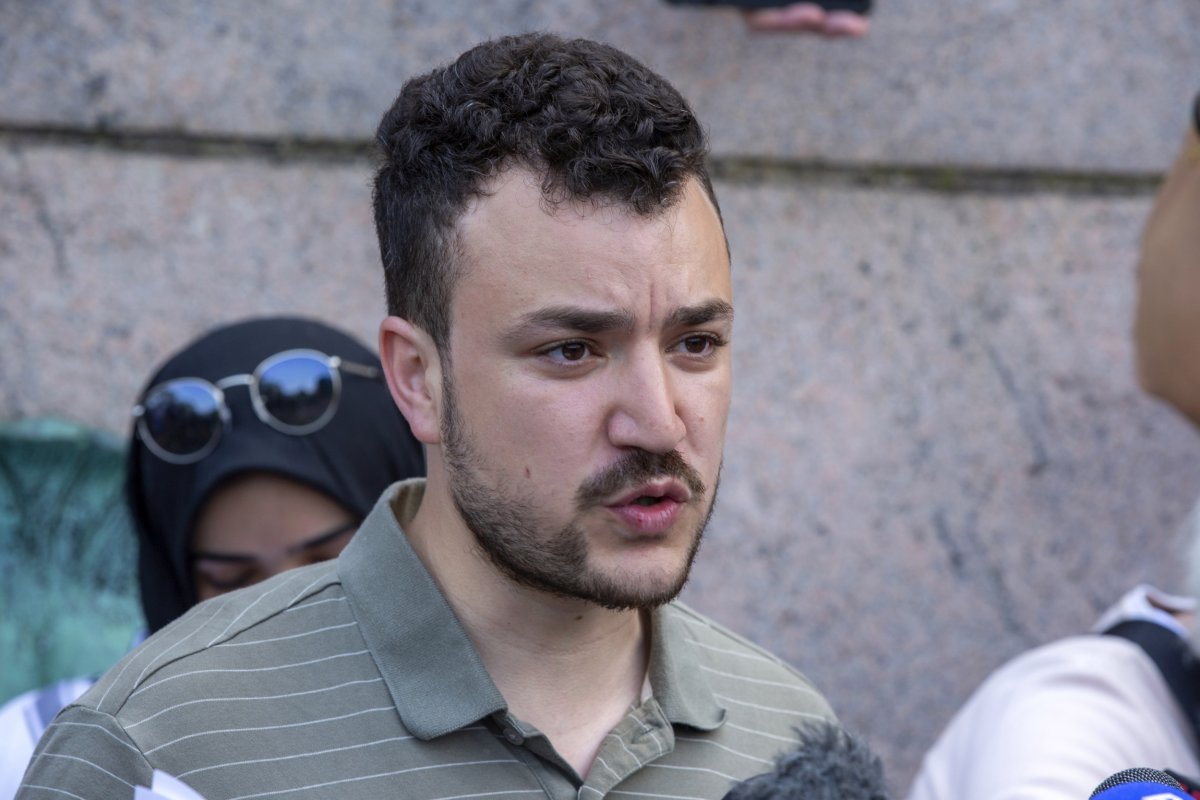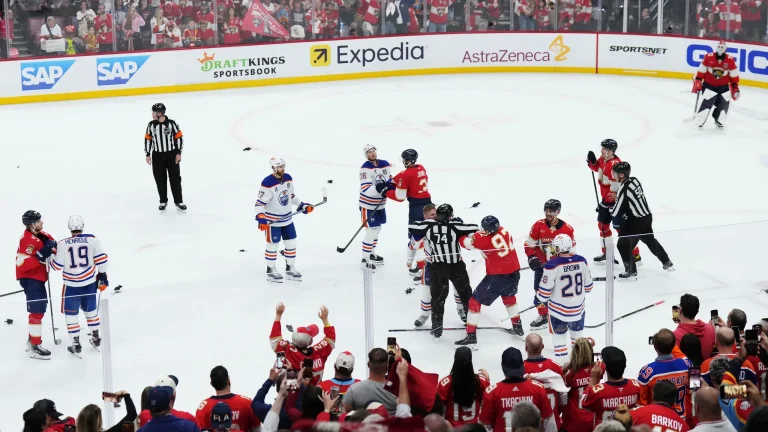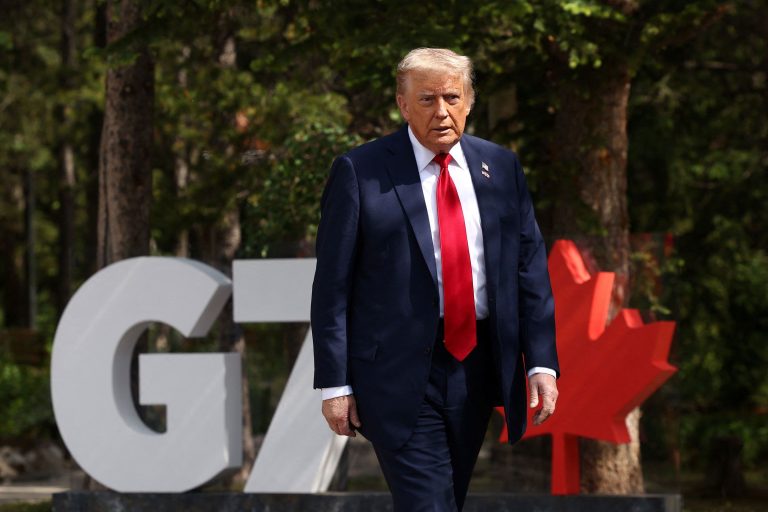Judge Rules Mahmoud Khalil Can’t Be Detained – A Blow to Trump Administration’s Case
A federal judge in New Jersey has pulled a surprise move by ruling that university student and permanent U.S. resident Mahmoud Khalil of Columbia University cannot be placed under detention using a rarely mentioned Cold War-era law – a major blow to the Trump administration’s efforts to send him back to Palestine, due to his support for the cause.
Judge Michael Farbiarz’s ruling does not result in Khalil’s immediate release, but it deals a severe blow to the government’s position at the legal base level. In the case the administration does not file for an appeal by Friday morning, Khalil will be permitted to walk out by paying a merely $1 token bail.
A Controversial Detention
Since his arrest in March in the privacy of his Columbia University apartment in New York and the subsequent extradition to a Louisiana detention center after the State Department took his green card away, the case of Khalil has not ceased to be in the focus of freedom of speech advocates along with the attention of the immigration law practitioners. The reason given by the authorities for his arrest was that Khalil’s advocating activities could be “serious adverse foreign policy consequences for the United States” – words from one of the sections of the 1952 Immigration and Nationality Act.
In his reply, Judge Farbiarz lambasted that claim. He termed the law as unconstitutional in its application while underlining that the actions of the staff of the executive branch regime looked more like a sanction imposed on Khalil for his exercise of free speech.
“The petitioner’s career and reputation are being damaged and his speech is being chilled,” the judge wrote. “This adds up to irreparable harm.”
Baseless Allegations, Not Proofs
As for the accusations, the Trump administration has blackened Khalil’s name by branding him as a major risk through hate speech and supplying Hamas. Up to now, not in a public nor court hearing, have they presented any evidence to support these severe charges. This only made the lack of evidence more apparent and raised even more suspicions that Khalil was being targeted the way other student protesters were – for his loud pro-Palestinian stand.
Wider Picture
Khalil’s problem is not the only one. He is just one of many student leaders who were part of the protests and got arrested during the general state of authorities toughening of the reaction toward campus activism. Khalil’s detention was longer than most despite the ongoing immigration cases resulting in the release of several others like Mohsen Mahdawi, Rumeysa Ozturk, and Badar Khan Suri, because civil rights groups and the people continued to step up the pressure.
His pain was the strongest when, in April, an attempt was made during his temporary release to be present at the birth of his son, which was denied. At the same time, a judge based on the 1952 law’s State Department’s vague interpretation made him rule Khalil as deportable. The new evidence, which was not submitted, even when Marco Rubio, the US Secretary of State, had sent a letter to support the deportation.
The border community needs to understand that discovering someone like Khalil, a longtime resident with no criminal history, for interpreting the emotional speech of a political person as terrorism is “very, very unlikely” and not at all in the common immigration policy according to Judge Farbiarz.
What’s Next?
The Trump administration is currently in a position where they just need to file an appeal quickly before Judge Farbiarz’s decision becomes final. If the Friday morning comes but they will not make any moves, Khalil would be free for just an amount of $1. Nevertheless, his fight continues as he goes against the deportation in the immigration court, but his legal struggle is far from over. It is the issue of whether the U.S. government makes use of immigration laws to muzzle political criticism that is the crux of the matter.
As of now, Khalil and his supporters stay wishful. The decision shows that the Constitution – the First Amendment in particular has its power in court, particularly in cases that are so heavily politicized.







